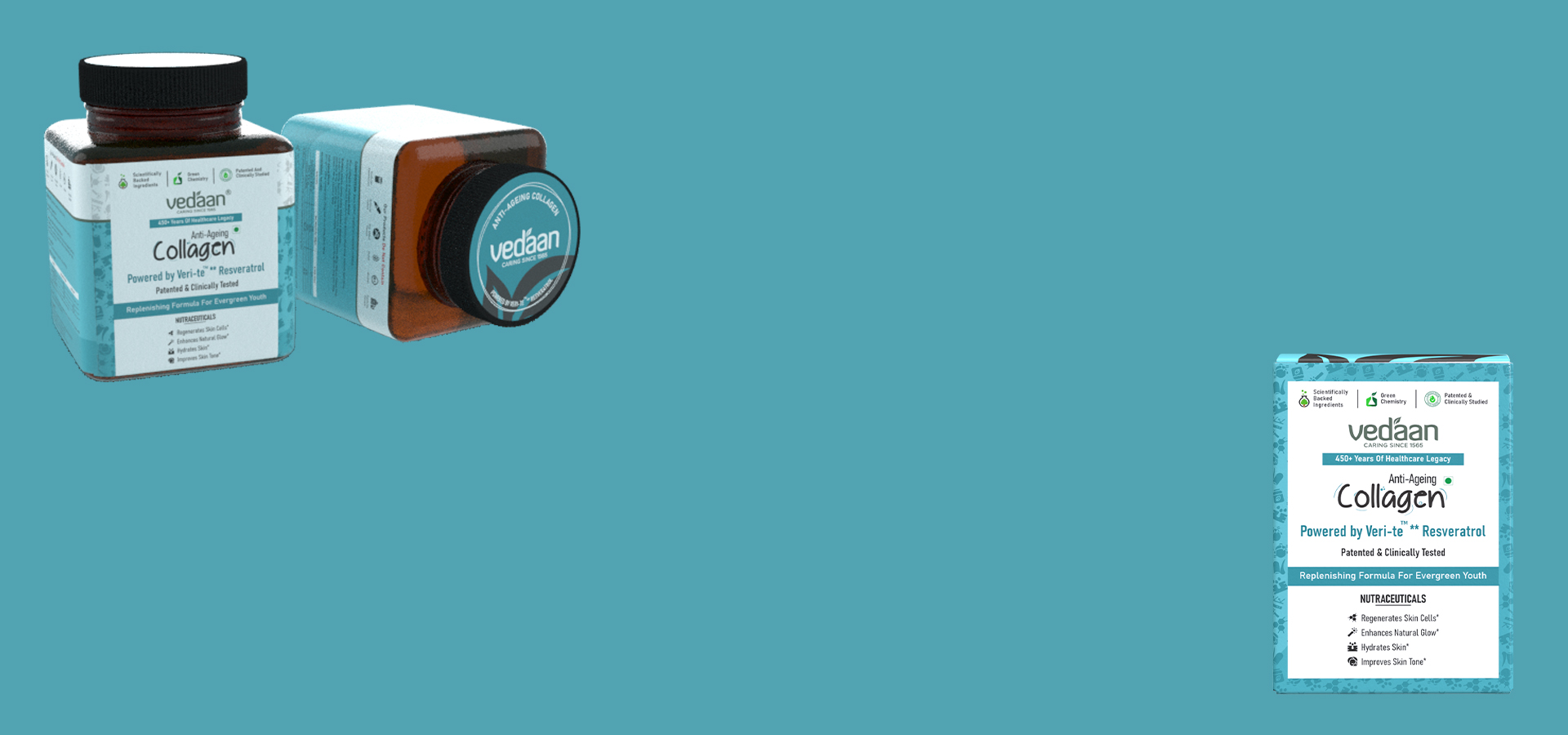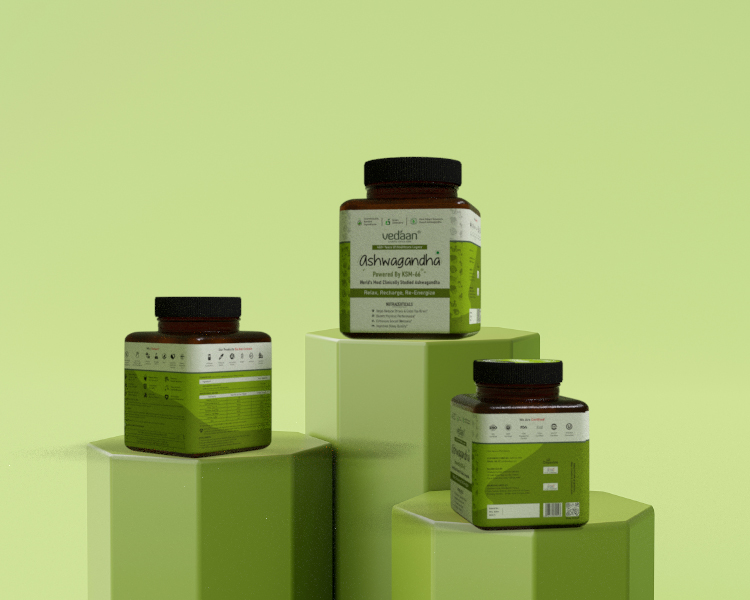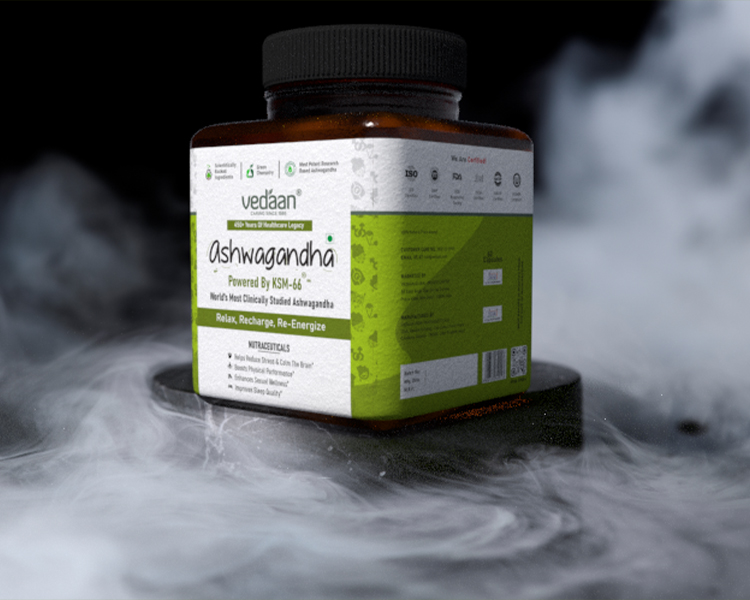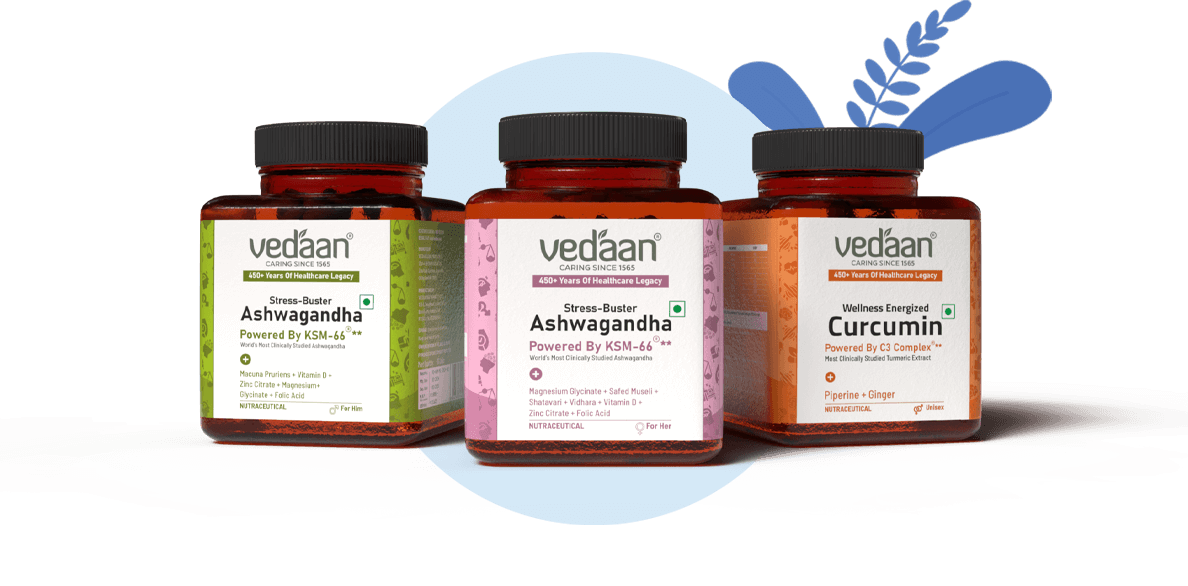These days, self-care and well-being are highly valued. Over the past ten years, we have drastically altered our diets and lifestyles. Health is the most important thing. We have tried everything from converting organic food to including superfoods in our meals due to the information available online for a better lifestyle. We want our hearts to beat more efficiently, and we also desire healthy-looking skin and hair.
We’ve heard a lot about collagen supplements lately. Nowadays, a lot of emphasis is placed on taking supplements, which begs the question: are they truly worth the hype?
We should first grasp the significance of collagen to comprehend this trend. The most prevalent protein in human bodies is collagen, which the body naturally produces, and claims to improve skin health. Collagen is a crucial component of healthy skin because it strengthens, hydrates, and gives skin its elasticity, resulting in suppler, softer skin. As we age, our body produces less collagen, which causes dry skin and, regrettably, wrinkles.
In this article, we’ll start with the fundamentals of collagen before delving deeper into the research to give you the most recent details on this well-known vitamin.
What is Collagen?
The body is held together by connective tissue at the cellular and tissue levels. The building block of many tissues, including the cornea and blood vessels, tendons, ligaments, bone, and skin, collagen makes up around 30% of the body’s total protein.
There are 28 different forms of collagen in the human body, but only types I and II make up the majority of connective tissues. Despite not being a collagen protein, hyaluronic acid is strongly associated with the spacing and alignment of collagen fibres and is essential for maintaining skin hydration.
Type I Collagen: 90% of the body’s collagen is of type I, which is composed of tightly packed fibers. Skin, bones, tendons, fibrous cartilage, connective tissue, and teeth all benefit from its structural support.
Type II Collagen: It is present in elastic cartilage, which cushions joints, and is composed of more loosely coiled fibers.
Hyaluronic Acid: This glycosaminoglycan (GAGs) draws water into the skin and helps the cartilage in joints lubricate and decompress.
The Function of Collagen In The Body
One of the key components of the bones, skin, hair, muscles, tendons, and ligaments is a protein called collagen. It prevents our skin from sagging and gives us a plump, young appearance.
Collagen is produced by your body naturally, but as you get older, less of it is made. People gradually start to lose collagen starting in their mid-20s; however, for women, this loss can reach 30% during the first five years of menopause. That is why many people use collagen supplements as part of their anti-ageing cosmetic routine
How is Collagen Damaged?
Collagen proteins can be harmed by diet, ageing, and free radical damage. The body creates less, lower-quality collagen as we get older, which weakens the collagen and skin as a whole and speeds up damage. Collagen production naturally starts to drop around the age of 25, and skin starts to lose its inherent firmness. The formation of collagen can also be hampered by pro-inflammatory diets, excessive sun exposure, smoking, and certain medical disorders.
The below-mentioned elements might call for medical assistance to prevent collagen deterioration.
- Sugar and Refined Carbohydrates: Sugar prevents collagen from repairing itself. Sugar and processed carbohydrates should be consumed in moderation.
- Too Much Sun: Overexposure to the sun should be avoided since ultraviolet radiation (UVA and UVB) can lower collagen production.
- Environmental Pollutants and Smoking: Smoking lowers collagen synthesis. This may hinder the healing of wounds and cause wrinkles. Reactive oxygen species can be increased, and free radical damage can result from pollution and environmental pollutants.
- Autoimmune Conditions: Conditions that induce the immune system to assault the body’s tissues can also impair collagen synthesis.
Benefits of Collagen For Skin
You’ve probably heard collagen being marketed in ads for skin care products. This crucial protein is required to lessen ageing symptoms like wrinkles, sagging skin, and uneven skin tone. Just a few advantages of collagen include the following:
1. Reduce Wrinkles and Fine Lines
Collagen levels in the skin can fall as a result of aging, UV exposure, pollution, unhealthy lifestyle choices, and other factors. Around your mouth and eyes, fine lines and wrinkles start to emerge when collagen levels drop. Supplements and cosmetics containing collagen can help keep your skin smooth and supple for longer and delay the appearance of these ageing symptoms.
2. Enhance Skin Tone
Collagen contains amino acids that keep your skin appearing supple, even, and healthy. Collagen is the solution to a complexion that is uneven.
3. Reduce Scarring
The amino acids in collagen can also aid in reducing the visibility of acne scars and dark patches. Collagen supplements have been shown to encourage the growth of healthy tissue, which quickens the healing process and allows your skin to mend naturally.
4. Moisturize
Your skin may feel dry and flaky as a result of environmental conditions or ageing-related collagen loss. You may give your skin the hydration it requires to keep a smooth, silky, radiant appearance by reintroducing collagen.
5. Toned and Firm Skin
While collagen-containing lotions and other beauty care products serve to improve the skin’s surface layer, collagen supplement capsules will boost collagen at a deeper level (in the dermis). The more collagen that reaches this level, the better your skin will look because the dermis is in charge of maintaining the skin’s tightness and firmness.
The Bottom Line
Many pieces of research have demonstrated the positive effects of collagen on the skin. Hyaluronic acid and mucopolysaccharides, among other nutrients, nourish the skin’s connective tissue. Magnesium and vitamin C are other necessary nutrients. The best method to guarantee advantages for users is to use a high-quality product that is supported by research. Collagen are among the least allergenic protein types available. However, always consult your dermatologist or a doctor to include collagen capsules in your skincare routine.





